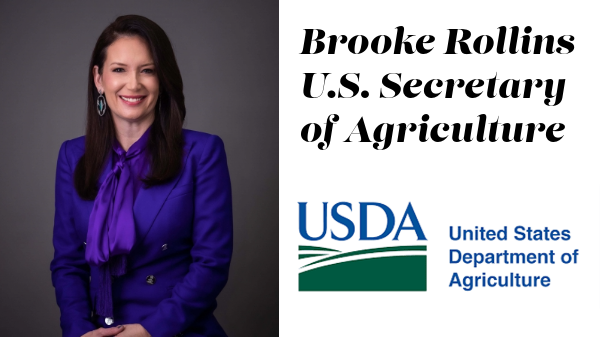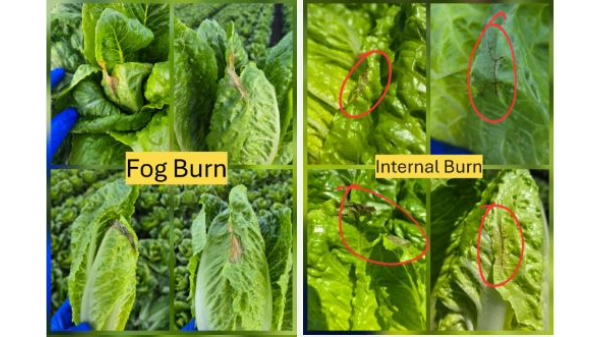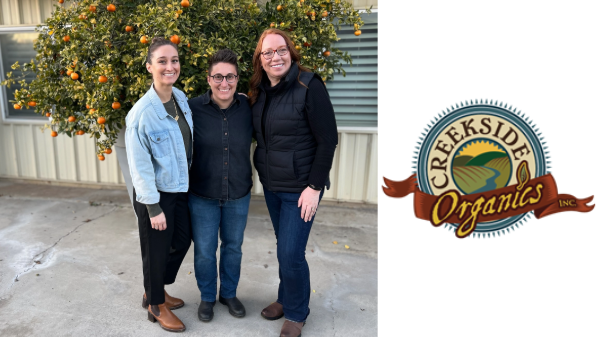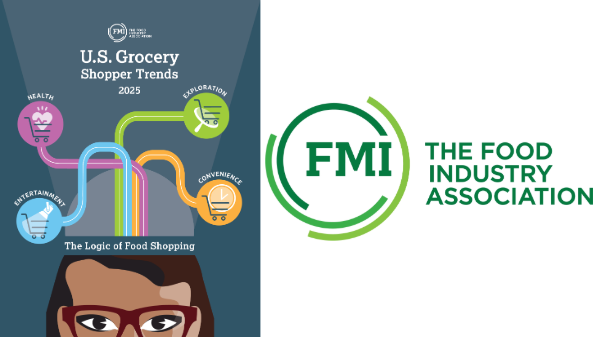Welcome to Blue Book!
Are you ready to join the thousands of companies who rely on Blue Book to drive smarter decisions? View our plans and get started today!
Still have questions? We’d love to show you what Blue Book can do for you. Drop us a line– we’ve been waiting for you.
The buyer paid the fine but then sought to enforce terms that were included on its purchase order to the seller, which provided that “the seller agrees to save and hold [buyer] harmless for any liability or exposure caused by [seller’s shipment of adulterated or misbranded food].” The terms went on to specifically include “fines” issued to the buyer as a result of such a breach.
Irregularities in the issuance of the purchase order prevented these terms from being incorporated into the contract, but this notwithstanding, PACA went on to suggest that even if this term were incorporated into the contract (per Section 2-207 of the UCC), it would not have been enforceable because, “Under Section 2-302 of the UCC a court may find that a clause, or an entire contract, cannot be enforced because it is unconscionable.”
Similarly, PACA refused to enforce contract terms in W.T. Holland & Son, Inc. v. C.K. Sensenig Potatoes, 52 Agric. Dec. 1705 (1993), a decision involving chipping potatoes.
In this case the buyer accepted delivery of the potatoes but failed to pay the full invoice price, due to its dissatisfaction with the product. Although no USDA inspection was performed, the buyer attempted to rely on the following contract terms—
The obligation of [the buyer] to accept, buy and/or pay for the Contract Potatoes is expressly conditioned upon… [buyer’s] satisfaction that the Contract Potatoes are of good chipping quality. [Buyer] shall be the sole judge and have the sole right to determine whether [buyer] is in good faith satisfied or dissatisfied with the chipping quality of the Contract Potatoes.
In reviewing this language, PACA stated that the “contract would not be interpreted by us to allow a buyer to be arbitrary as to what potatoes it accepted or rejected… since such would be unconscionable.”
Accordingly, the buyer was held to be responsible for the full invoice price of the potatoes despite the wording in the contract, apparently permitting it to be the “sole judge” of its satisfaction with the potatoes and its obligation to pay for them.
And although Section 2-302 of the UCC is not cited in the decision, PACA’s holding is entirely consistent with this provision. A contract that permits the buyer to act arbitrarily in deciding its obligations surely risks the “oppression and unfair surprise” this section of UCC aims to prevent.
Good Faith
Section 1-304 of the UCC uses the notion of “good faith” rather than “unconscionability” to allow courts to nullify the effect of offending contracts or clauses. Unlike Section 2-302, which only applies to transactions involving the sale of goods, this section applies broadly to all duties and obligations under the UCC (as enacted by the states) including Article 7, which includes Section 7-309 pertaining to carrier liability when exempted from federal economic transportation law (e.g., when hauling fresh produce). Section 1-304 provides, “Every contract or duty within [the Uniform Commercial Code] imposes an obligation of good faith in its performance and enforcement.”
So if, for example, a transportation contract (which would be outside the purview of Section 2-302) provided that payment of the freight invoice was contingent upon the vendor’s satisfaction with the service, and further provided that the vendor would be the sole judge of the quality of the service, this provision would likely be found unconscionable and unenforceable for the same reasons PACA gave for not enforcing a similar provision in W.T. Holland & Son. Inc.








